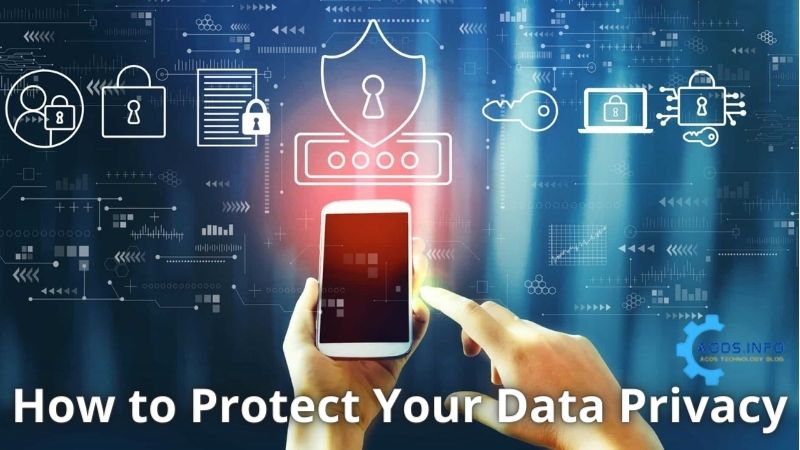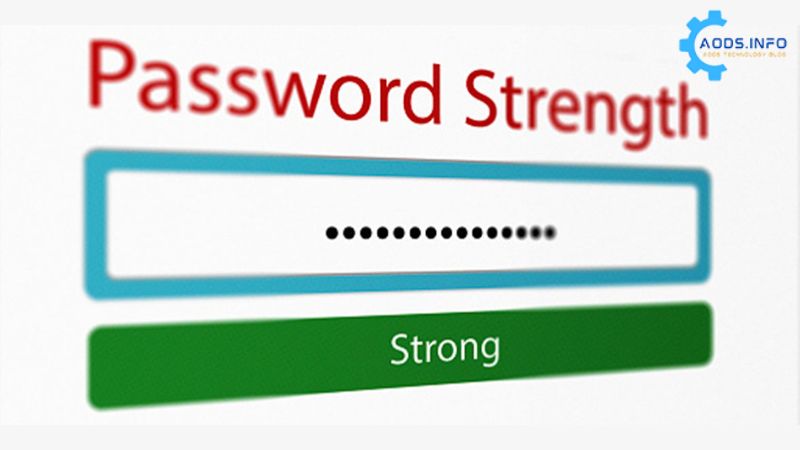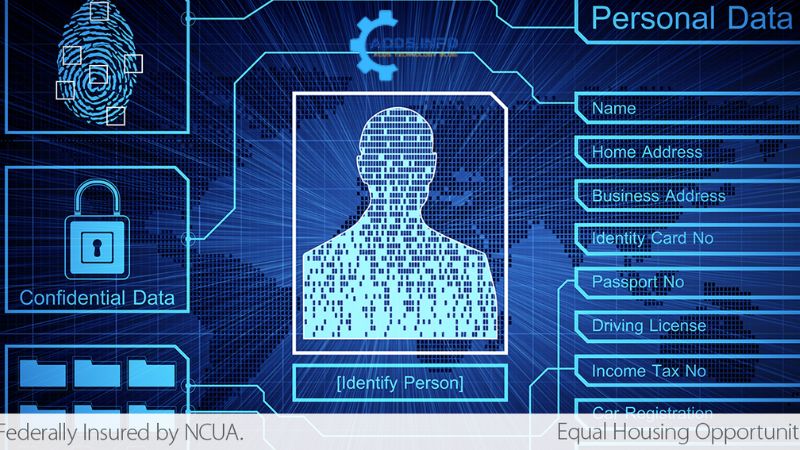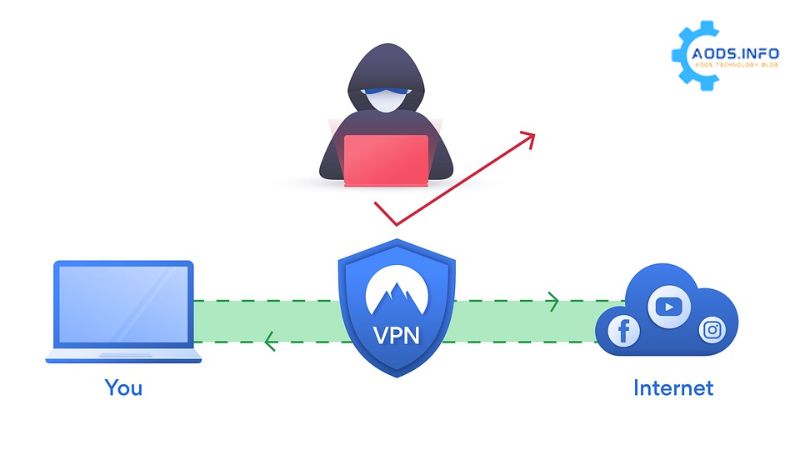In today’s interconnected digital landscape, protecting your data privacy is paramount. With the ever-increasing prevalence of cyber threats and data breaches, it’s essential to take proactive steps to safeguard your personal information. From strong passwords to encryption techniques, there are numerous measures you can implement to fortify your defenses and mitigate the risk of unauthorized access to your sensitive data. In this comprehensive guide, Aods will delve into essential strategies on how to protect your data privacy effectively.
Contents
- 1 How to Protect Your Data Privacy
- 1.1 1. Use Strong, Unique Passwords:
- 1.2 2. Enable Two-Factor Authentication (2FA):
- 1.3 3. Keep Software Updated:
- 1.4 4. Encrypt Your Data:
- 1.5 5. Be Cautious with Personal Information:
- 1.6 6. Use Secure Connections:
- 1.7 7. Review Privacy Settings:
- 1.8 8. Limit Third-Party Access:
- 1.9 9. Beware of Phishing Attempts:
- 1.10 10. Use Virtual Private Networks (VPNs):
- 1.11 11. Regularly Back Up Your Data:
- 2 Final Thought
How to Protect Your Data Privacy
1. Use Strong, Unique Passwords:
One of the fundamental steps in protecting your data privacy is to use strong, unique passwords for each of your online accounts. Avoid easily guessable passwords such as “123456” or “password” and opt for complex combinations of letters, numbers, and symbols. Consider utilizing a password manager to generate and securely store your passwords, eliminating the need to memorize them all.
2. Enable Two-Factor Authentication (2FA):
Enhance the security of your accounts by enabling two-factor authentication wherever possible. This additional layer of verification requires you to provide a second form of identification, such as a code sent to your mobile device, in addition to your password. By doing so, you significantly reduce the likelihood of unauthorized access, even if your password is compromised.
3. Keep Software Updated:
Regularly update your devices and software to ensure they are equipped with the latest security patches and fixes. Hackers often exploit known vulnerabilities in outdated software to gain access to sensitive information. By staying vigilant and promptly installing updates, you can mitigate the risk of falling victim to cyber attacks.
4. Encrypt Your Data:
Encrypting your sensitive data adds an extra layer of protection, making it unreadable to unauthorized parties. Take advantage of built-in encryption tools provided by your operating system or utilize third-party encryption solutions to secure your files and communications. Whether it’s stored on your device or transmitted over the internet, encryption helps safeguard your data privacy.
5. Be Cautious with Personal Information:
Mindfully consider the information you share online, particularly on social media platforms. Avoid divulging unnecessary personal details that could be exploited by malicious actors. How to protect your data privacy starts with being mindful of what information you expose to the digital world, as even seemingly innocuous posts can be used to piece together a comprehensive profile of your identity.
6. Use Secure Connections:
When accessing websites or conducting online transactions, prioritize secure connections by ensuring the URLs begin with “HTTPS” rather than “HTTP.” This indicates that data exchanged between your device and the website’s server is encrypted, reducing the risk of interception by hackers. Always verify the legitimacy of websites before entering sensitive information to avoid falling victim to phishing scams.
7. Review Privacy Settings:
Take the time to review and adjust the privacy settings on your online accounts and devices regularly. By customizing these settings, you can control who has access to your personal information and how it’s shared. Stay informed about the privacy policies of the services you use and make informed decisions about the level of access you grant to third parties.
8. Limit Third-Party Access:
Exercise caution when granting third-party apps or services access to your personal data. Be wary of applications that request unnecessary permissions or require access to sensitive information beyond their intended functionality. How to protect your data privacy also involves being selective about the services you use and prioritizing those that prioritize user privacy and security.
9. Beware of Phishing Attempts:
Remain vigilant against phishing attempts, where cybercriminals attempt to deceive you into revealing personal information or login credentials through fraudulent emails, messages, or websites. Be skeptical of unsolicited communications and avoid clicking on suspicious links or attachments. Educate yourself and your loved ones about common phishing tactics to minimize the risk of falling victim to these scams.
10. Use Virtual Private Networks (VPNs):
Employ a VPN, especially when connecting to public Wi-Fi networks, to encrypt your internet traffic and protect your data from potential eavesdropping. VPNs create a secure tunnel between your device and the internet, ensuring that your online activities remain private and secure. How to protect your data privacy extends to safeguarding your online communications, and utilizing a VPN is an effective measure in achieving this goal.
11. Regularly Back Up Your Data:
Implement a robust backup strategy to safeguard your important files and data against loss or corruption. Regularly back up your data to external hard drives, cloud storage services, or other secure locations. In the event of accidental deletion, hardware failure, or ransomware attacks, having backups readily available ensures that you can restore your information without compromising your data privacy.
Final Thought
In conclusion, safeguarding your data privacy requires a proactive and multi-faceted approach. By implementing the eleven strategies outlined above, you can significantly reduce the risk of unauthorized access to your personal information and mitigate the impact of potential security breaches. Whether it’s strengthening your passwords, enabling two-factor authentication, or encrypting your data, each step plays a crucial role in fortifying your digital defenses. Remember, how to protect your data privacy is an ongoing commitment that requires diligence and vigilance in today’s increasingly interconnected world.




